 This is the third blog in a series published in partnership with New America through the Partnership to Advance Youth Apprenticeship (PAYA). The blog series highlights how PAYA network sites are using data to improve youth apprenticeship quality and equity.
This is the third blog in a series published in partnership with New America through the Partnership to Advance Youth Apprenticeship (PAYA). The blog series highlights how PAYA network sites are using data to improve youth apprenticeship quality and equity.
In Delaware, youth apprenticeship is a critical pillar of the state’s career readiness initiatives and is a truly collaborative project. While administration of the state’s youth apprenticeship programs falls under the Delaware Department of Labor, related technical instruction is handled by the Delaware Department of Education (DDOE). This requires a significant amount of coordination and partnership across state agencies.
In 2020, Delaware received a grant through the U.S Department of Labor to enroll 400 youth apprentices in the areas of construction, hospitality and Information Technology. This opportunity, and the expansion of youth apprenticeship in the state, enabled Delaware to focus on improving the quality and use of its youth apprenticeship data.
Tackling Youth Apprenticeship Data Challenges
As Delaware works to strengthen and scale youth apprenticeship, the state encountered a few challenges with accessing quality data. For one, state leaders confronted some inflexibilities with the federal Registered Apprenticeship Partners Information Database System (RAPIDS), which includes nationwide data on Registered Apprenticeship participation but does not differentiate youth and adult apprenticeships.
Another challenge was coordinating and systematizing partnerships among agencies and organizations. Delaware first had to create and adopt shared definitions for youth apprenticeship data and then work to break down silos to enable timely inter-agency data sharing.
And finally, state leaders wanted to make sure youth apprenticeship data could fuel program improvement, equity initiatives and storytelling, and made sure to shift from a compliance to a continuous improvement mindset.
To tackle these challenges, DDOE assumed a coordinating role, leveraging its scale as a statewide agency to convene partners, reach consensus on important decisions, and establish data sharing agreements. In this role, DDOE was able to compile and match data, including education records, employment records and social services records, “behind the curtain” before pushing de-identified data back out to partners.
Equipped with relevant and timely data, DDOE is now positioned to support local youth apprenticeship programs to make data-informed decisions. For example, DDOE can identify learners who would be a good fit for youth apprenticeship and provide that information to school counselors ahead of youth apprenticeship recruitment cycles.
This data also enables DDOE to craft a story about youth apprenticeship, targeting policymakers and members of the public with stories about the impact of high-quality programs.
Lessons Learned
One important lesson from Delaware is the critical need for qualitative data from learners. Partners are developing a new case management system to ensure qualitative data is collected, considered, and utilized as part of a continuous program improvement process. To fully understand the story behind the numbers, data must be connected to the learners’ voices and experiences.
Delaware also learned that the goal of youth apprenticeship data systems should not be sustainability alone but rather evolution. Data systems should be flexible, always moving towards the next set of questions the state is looking to explore and answer. If states and youth apprenticeship intermediaries can anticipate the questions they will want to answer in the future, they can begin to build data systems that address those needs.
Delaware’s advice to state and local youth apprenticeship intermediaries is to concentrate first on the initial strategy, coordination of effort, systems building and partner relationships. This will ensure there are suitable conditions for collecting and using youth apprenticeship data effectively. Partners should also establish a shared system of values that emphasize partner action and innovation and are reinforced by established data routines.
Additional blog posts in this series can be accessed here. For additional resources on data and accountability, please visit Advance CTE’s Learning that Works Resource Center.
Kate Kreamer, Deputy Executive Director


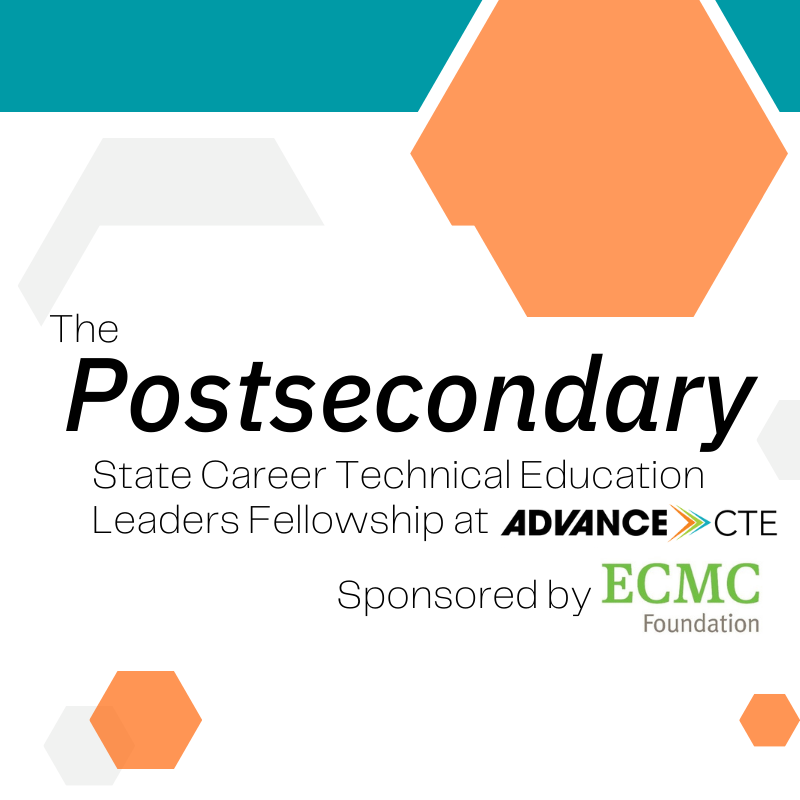 The Postsecondary State CTE Leaders Fellowship at Advance CTE – Sponsored by ECMC Foundation is intended to build a talent pipeline of state-level postsecondary Career Technical Education (CTE) leaders fiercely committed to creating an accessible and racially just postsecondary state CTE system. Through the
The Postsecondary State CTE Leaders Fellowship at Advance CTE – Sponsored by ECMC Foundation is intended to build a talent pipeline of state-level postsecondary Career Technical Education (CTE) leaders fiercely committed to creating an accessible and racially just postsecondary state CTE system. Through the 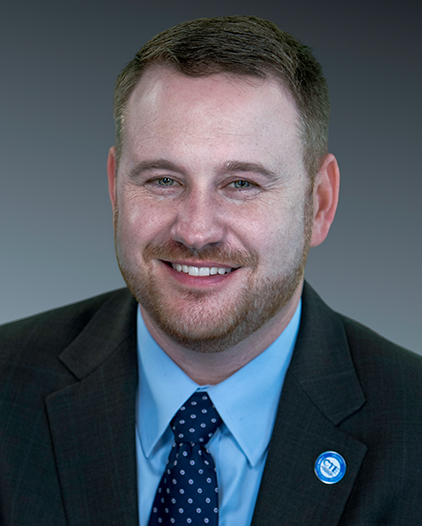 Advance CTE joins the Arkansas Department of Education in welcoming Ross White as the new State Career Technical Education (CTE) Director. Ross transitions into this role while fulfilling the duties of the Association for Career and Technical Education (ACTE)’s
Advance CTE joins the Arkansas Department of Education in welcoming Ross White as the new State Career Technical Education (CTE) Director. Ross transitions into this role while fulfilling the duties of the Association for Career and Technical Education (ACTE)’s  Lawmakers Continue to Negotiate FY22 Spending Bill
Lawmakers Continue to Negotiate FY22 Spending Bill “Go forth without limits!” was an apt parting chat message as over 70 state Career Technical Education (CTE) leaders from across 16 states convened virtually last month to launch the community of practice for
“Go forth without limits!” was an apt parting chat message as over 70 state Career Technical Education (CTE) leaders from across 16 states convened virtually last month to launch the community of practice for 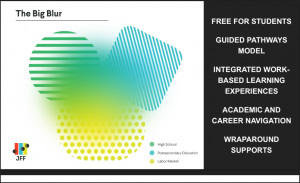 Vargas challenged attendees to dream big and be the new models for scalable solutions by being a “network facilitator,” by combining career pathway expansion with intentional investments in collaboration and sustained partnershi
Vargas challenged attendees to dream big and be the new models for scalable solutions by being a “network facilitator,” by combining career pathway expansion with intentional investments in collaboration and sustained partnershi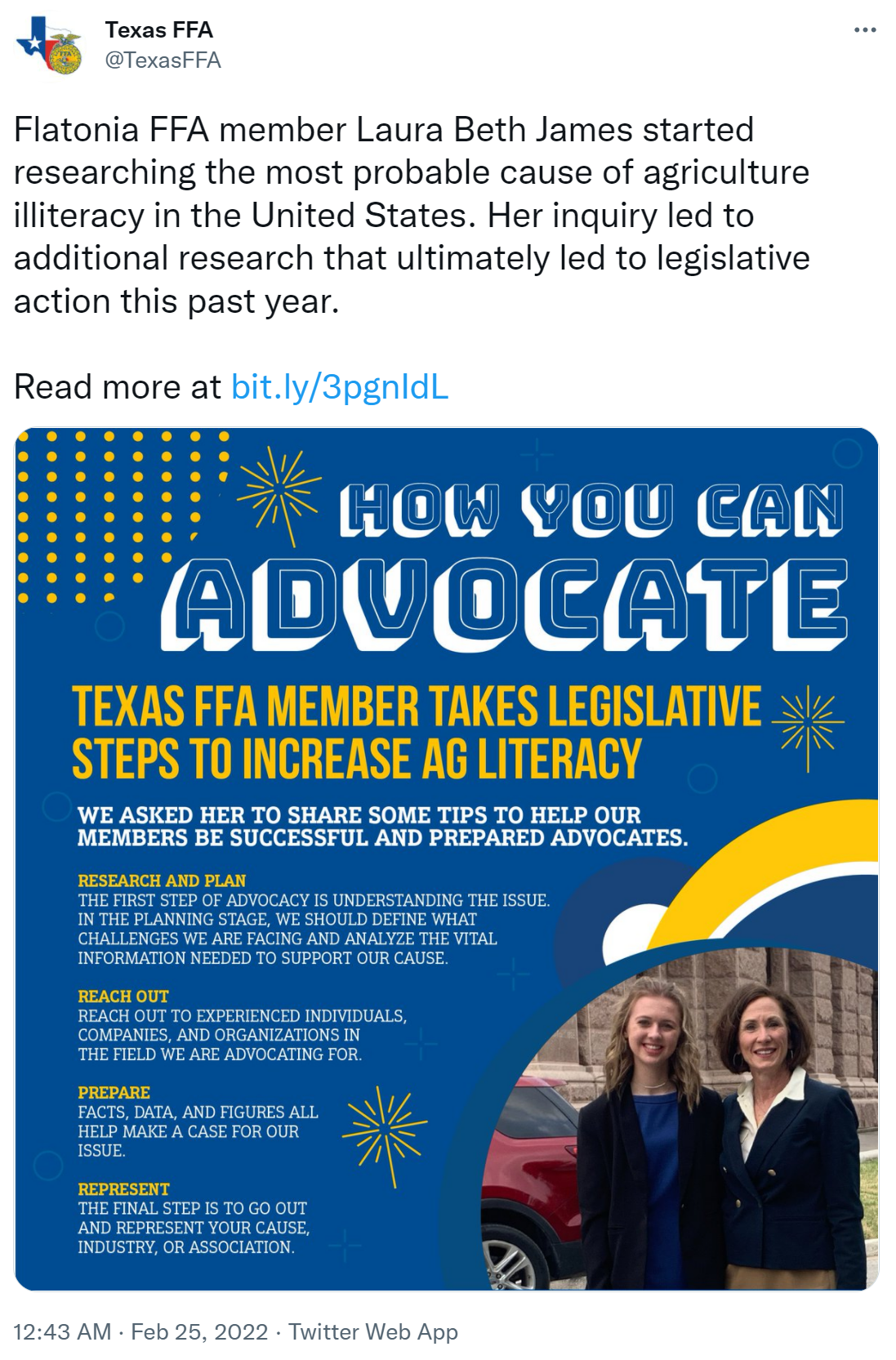 Laura Beth from Texas FFA noticed a barrier to each learner reaching their full potential within their career journey. Her commitment to
Laura Beth from Texas FFA noticed a barrier to each learner reaching their full potential within their career journey. Her commitment to 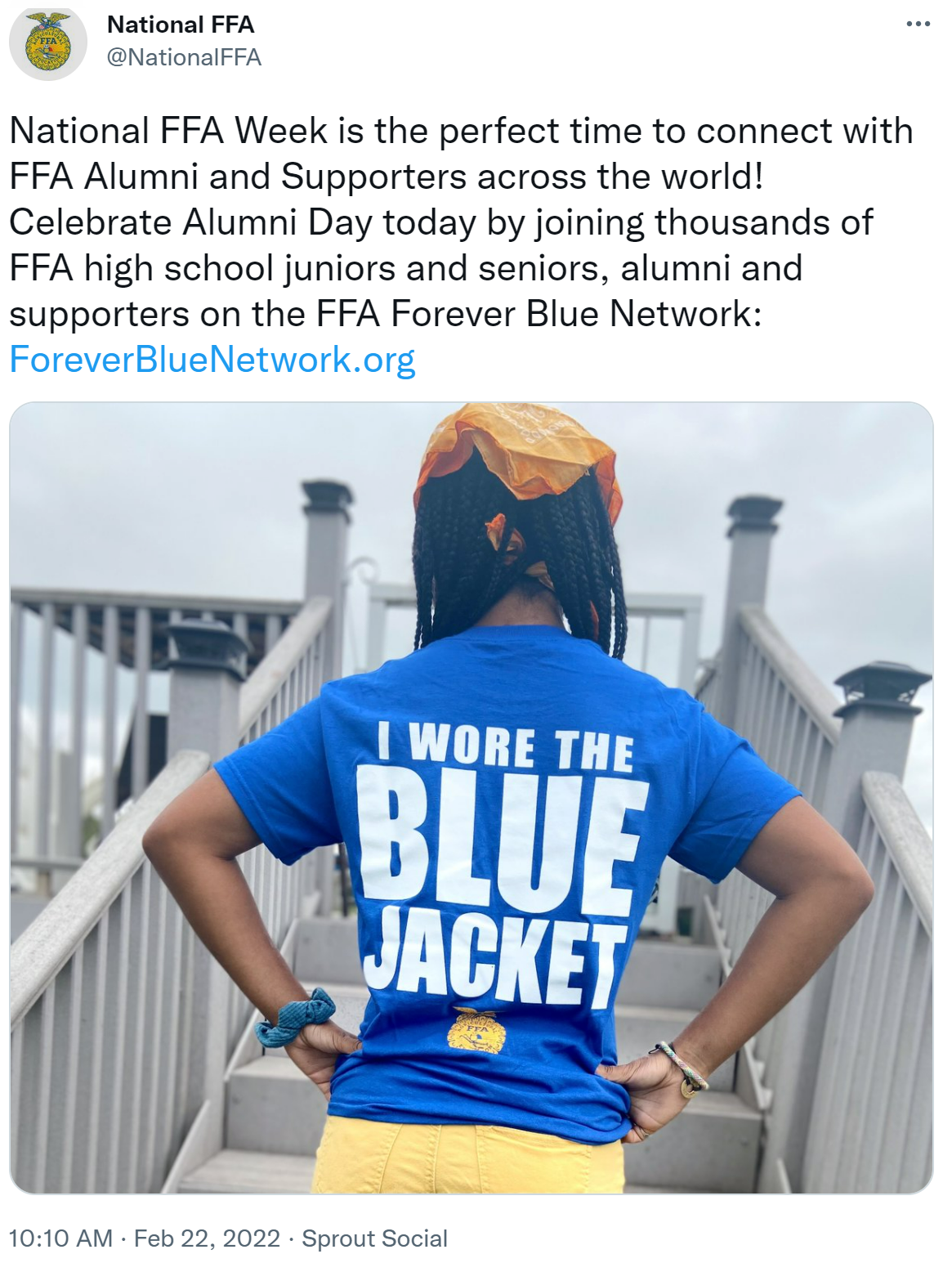
 On Give FFA Day 2022, corporate donors from industry showed their value in the skills learners receive when participating in FFA. Donors participated in donation matching challenges throughout the day to support the CTSO and ultimately the learners served.
On Give FFA Day 2022, corporate donors from industry showed their value in the skills learners receive when participating in FFA. Donors participated in donation matching challenges throughout the day to support the CTSO and ultimately the learners served. 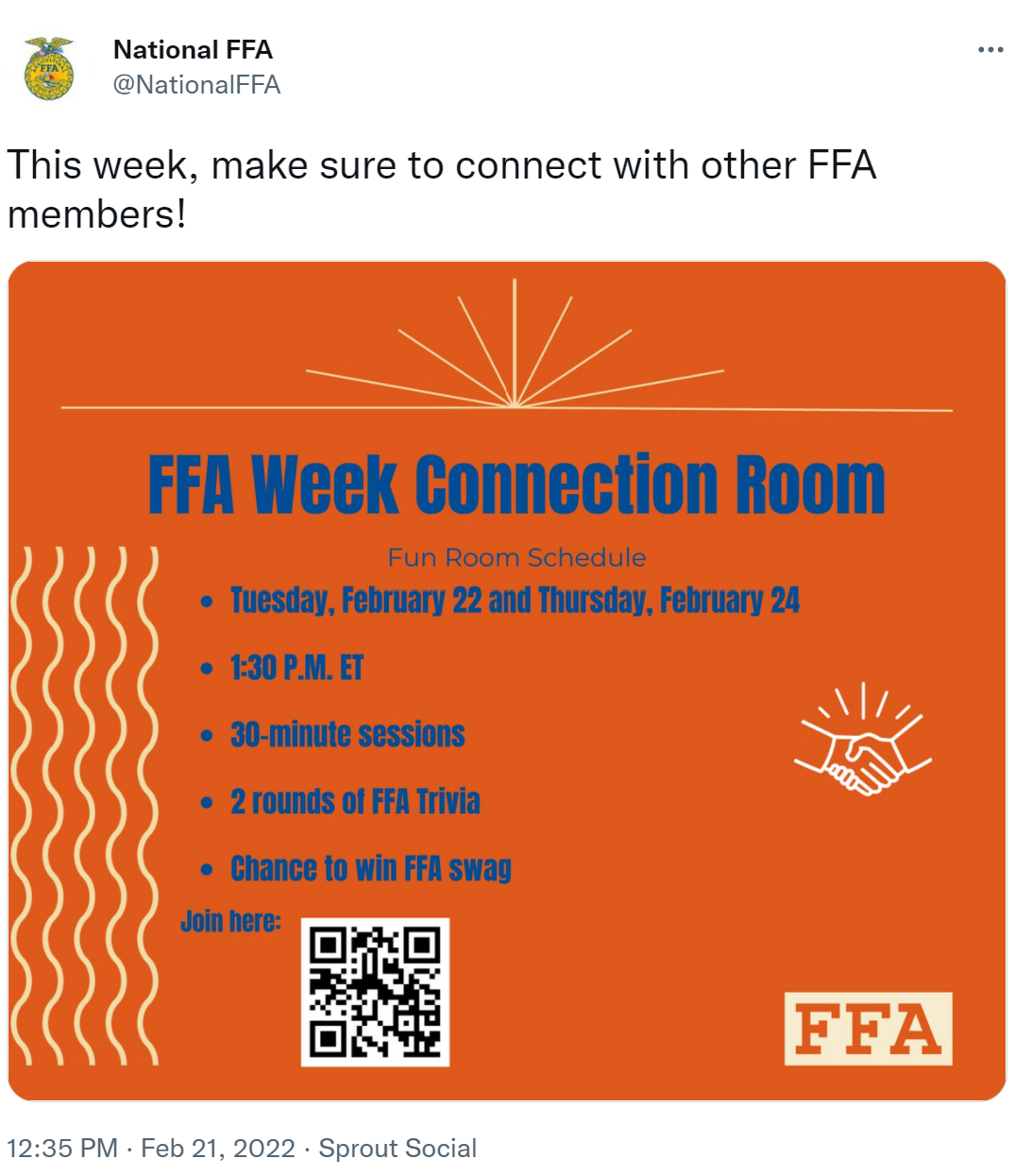 Future dates for National FFA Week are below:
Future dates for National FFA Week are below: These organizations are a powerful model for learner-centered and learner-led education, and Advance CTE is pleased to be joined by seven national CTSOs in supporting the national vision for CTE.
These organizations are a powerful model for learner-centered and learner-led education, and Advance CTE is pleased to be joined by seven national CTSOs in supporting the national vision for CTE. 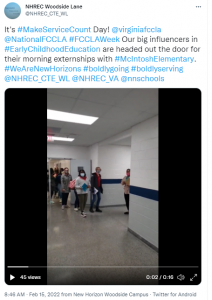 FCCLA members at New Horizons Regional Education Center: Woodside Lane in Newport News,
FCCLA members at New Horizons Regional Education Center: Woodside Lane in Newport News,  Griffin Middle School in
Griffin Middle School in 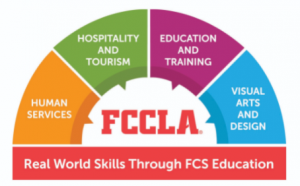 FCCLA strives for FCCLA members to have clear paths for their skills to be valued and counted. FCCLA has identified four career pathways that align to key technical and “employability” skills gained through FCCLA experiences, listed below. Members also have the opportunities to test and display skill competencies at
FCCLA strives for FCCLA members to have clear paths for their skills to be valued and counted. FCCLA has identified four career pathways that align to key technical and “employability” skills gained through FCCLA experiences, listed below. Members also have the opportunities to test and display skill competencies at 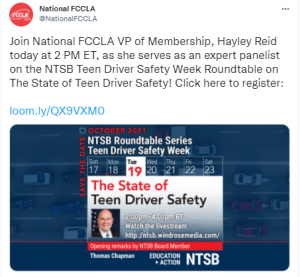 FCCLA members have the opportunity to share their skills and make connections beyond the classroom and even their state. National FCCLA leader Hayley Reid participated in a federal policy panel held by the National Transportation Safety Board.
FCCLA members have the opportunity to share their skills and make connections beyond the classroom and even their state. National FCCLA leader Hayley Reid participated in a federal policy panel held by the National Transportation Safety Board. 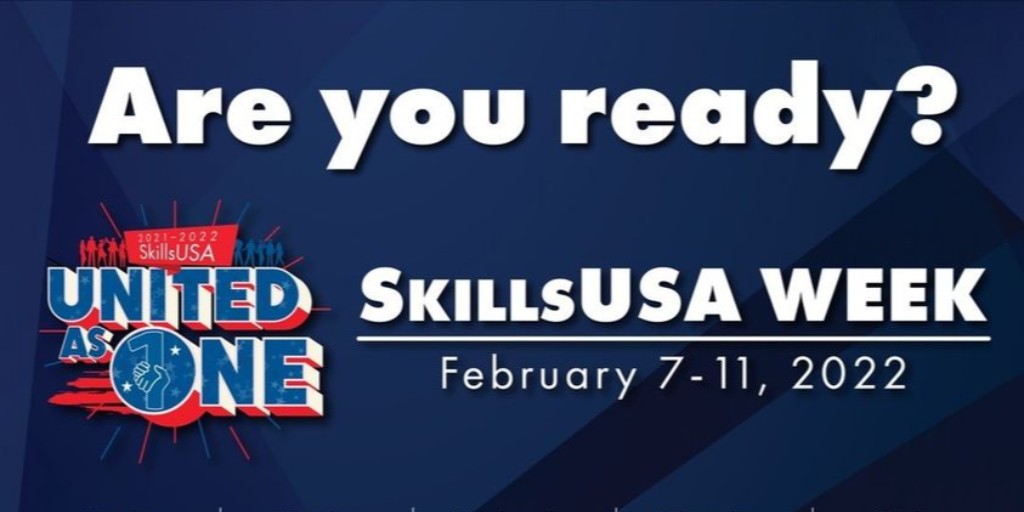 Throughout February, the
Throughout February, the 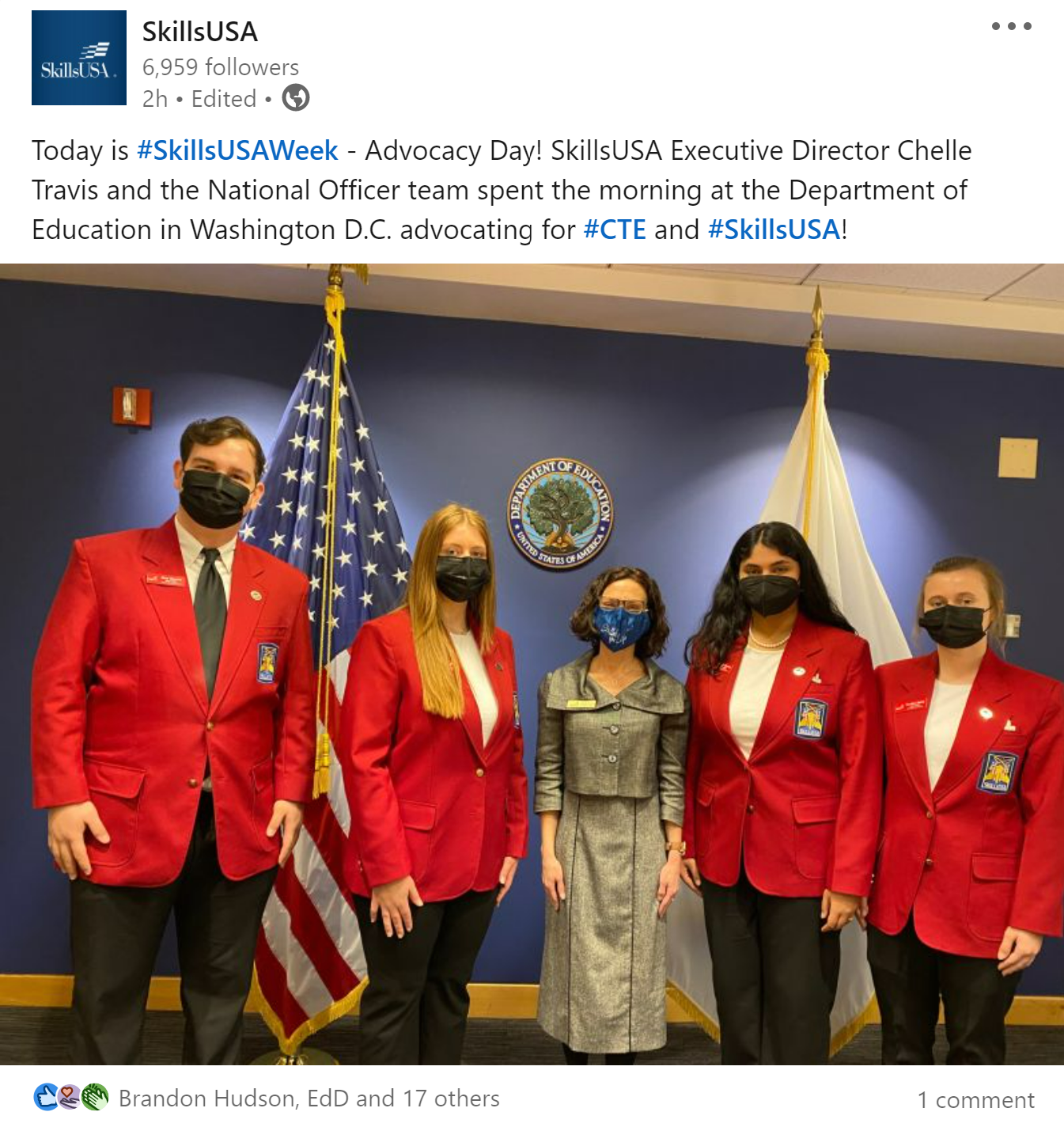 On Recognition Day, SkillsUSA took to social media to recognize and honor members, advisors, administrators, business partners, community leaders and supporters who are impactful in the career preparation ecosystem and within their local SkillsUSA chapters. Honorees were presented with a SkillsUSA Certificate of Appreciation.
On Recognition Day, SkillsUSA took to social media to recognize and honor members, advisors, administrators, business partners, community leaders and supporters who are impactful in the career preparation ecosystem and within their local SkillsUSA chapters. Honorees were presented with a SkillsUSA Certificate of Appreciation.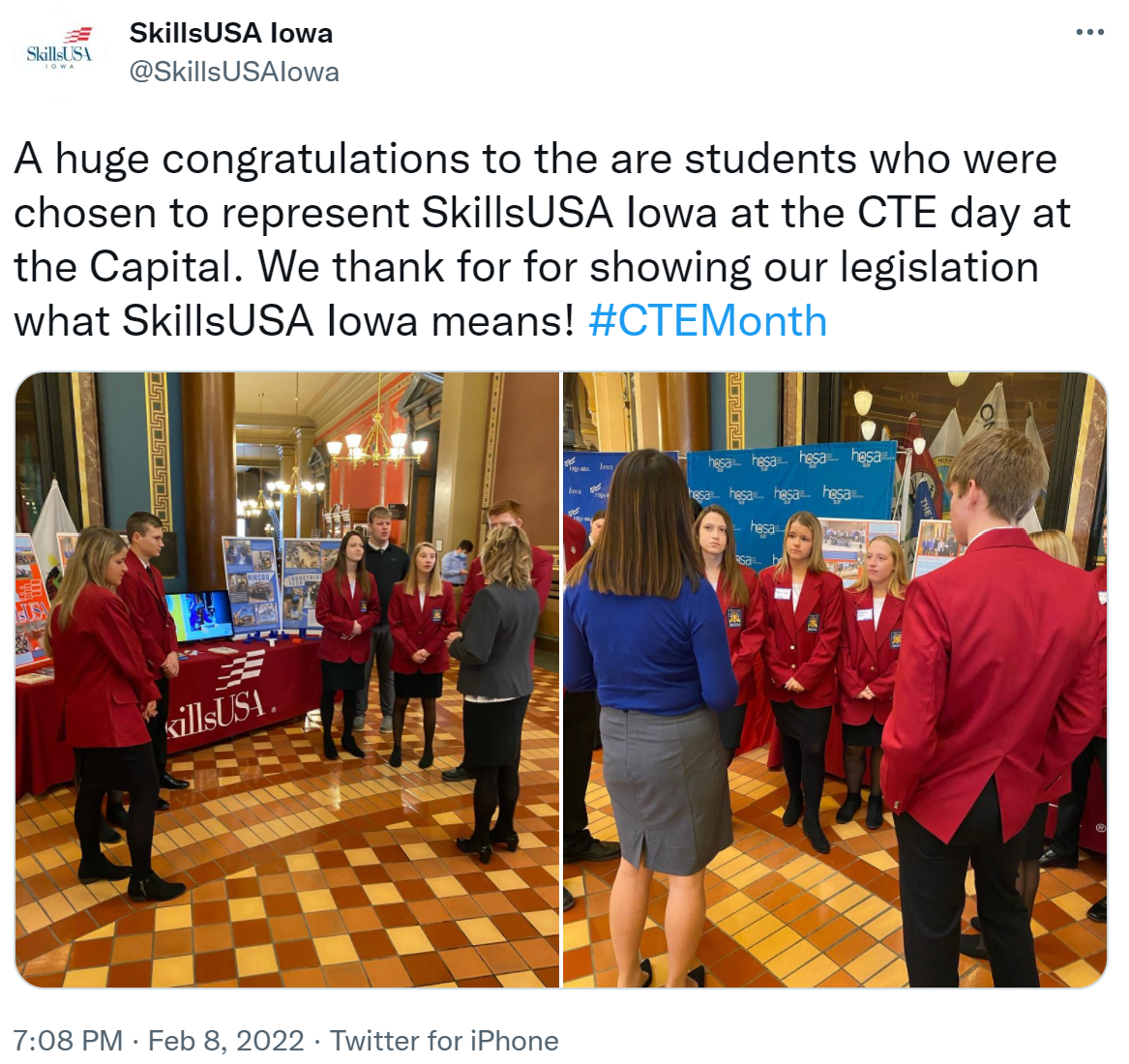 Complementing national advocacy efforts by the CTSO, many SkillsUSA state associations hosted their own CTE Days on Capitol Hill, as seen by SkillsUSA Iowa.
Complementing national advocacy efforts by the CTSO, many SkillsUSA state associations hosted their own CTE Days on Capitol Hill, as seen by SkillsUSA Iowa.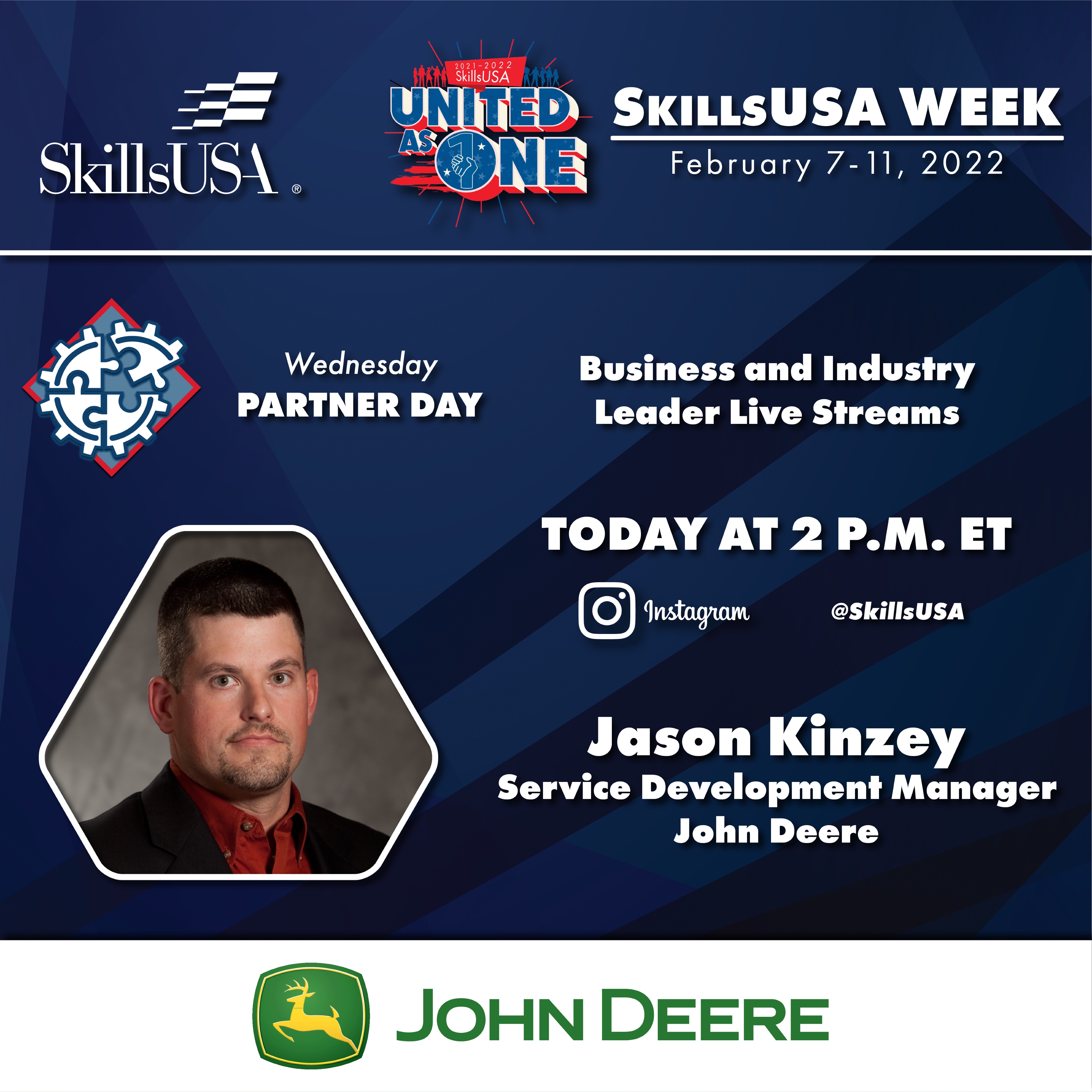 On Partner Day, National SkillsUSA asked state associations and local chapters to connect with partners in their communities. National SkillsUSA hosted a live interactive session for CTSO members to engage with business and industry leaders. Learners were able to hear what it means to be workforce ready and which skills are valued by employers that ultimately lead to career success in their respective industries.
On Partner Day, National SkillsUSA asked state associations and local chapters to connect with partners in their communities. National SkillsUSA hosted a live interactive session for CTSO members to engage with business and industry leaders. Learners were able to hear what it means to be workforce ready and which skills are valued by employers that ultimately lead to career success in their respective industries. 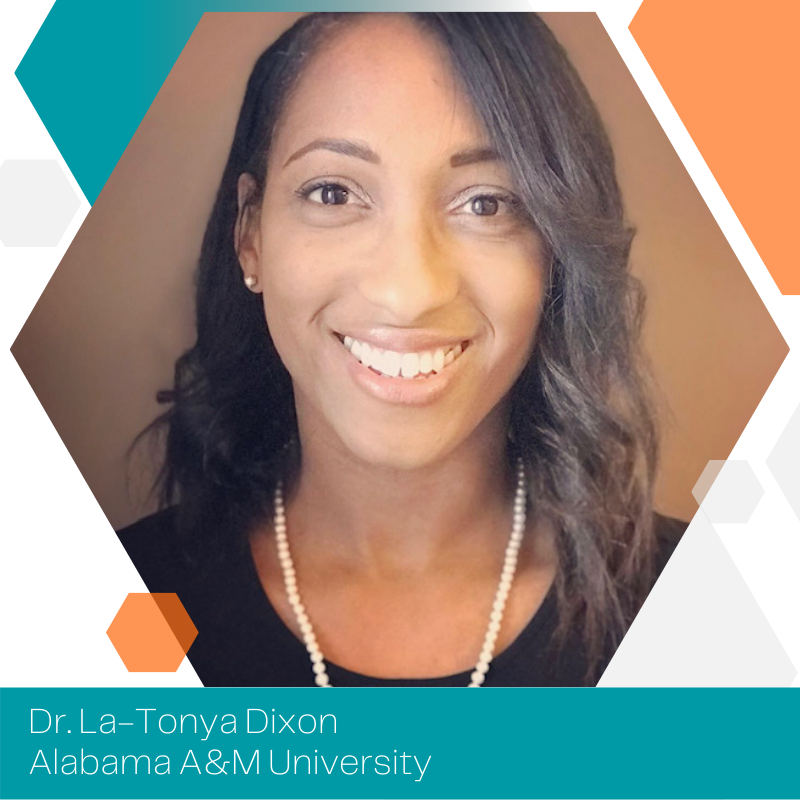
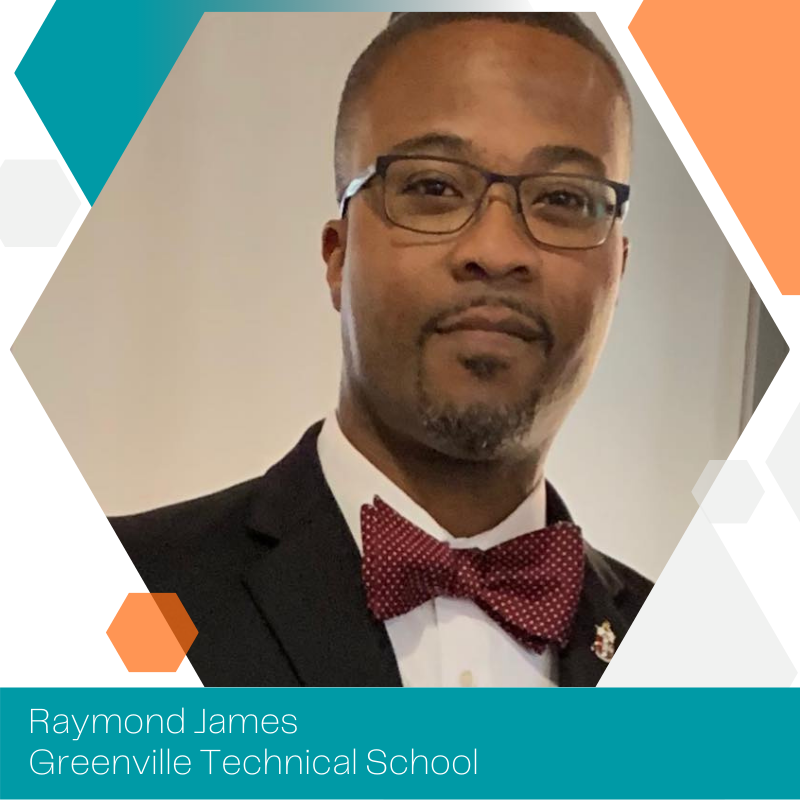 Raymond James (South Carolina) is a veteran of the United States Army, and currently serves as Department Head for machine learning at Greenville Technical School in Greenville, South Carolina. James earned an associate degree in General Engineering Technology at Tri-County Technical College and a bachelor’s degree in Business Administration from Kaplan University.
Raymond James (South Carolina) is a veteran of the United States Army, and currently serves as Department Head for machine learning at Greenville Technical School in Greenville, South Carolina. James earned an associate degree in General Engineering Technology at Tri-County Technical College and a bachelor’s degree in Business Administration from Kaplan University.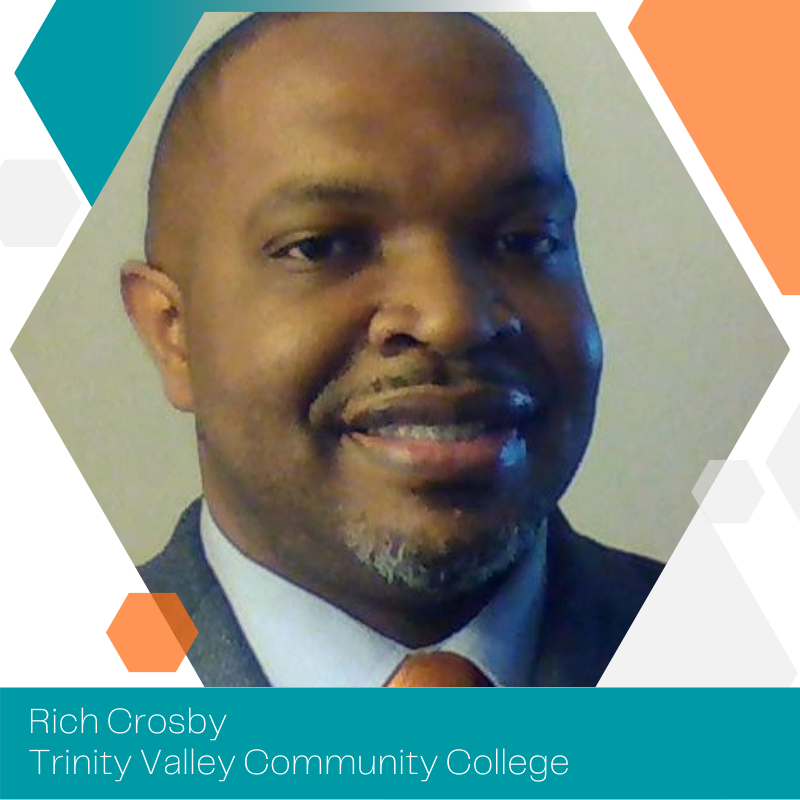
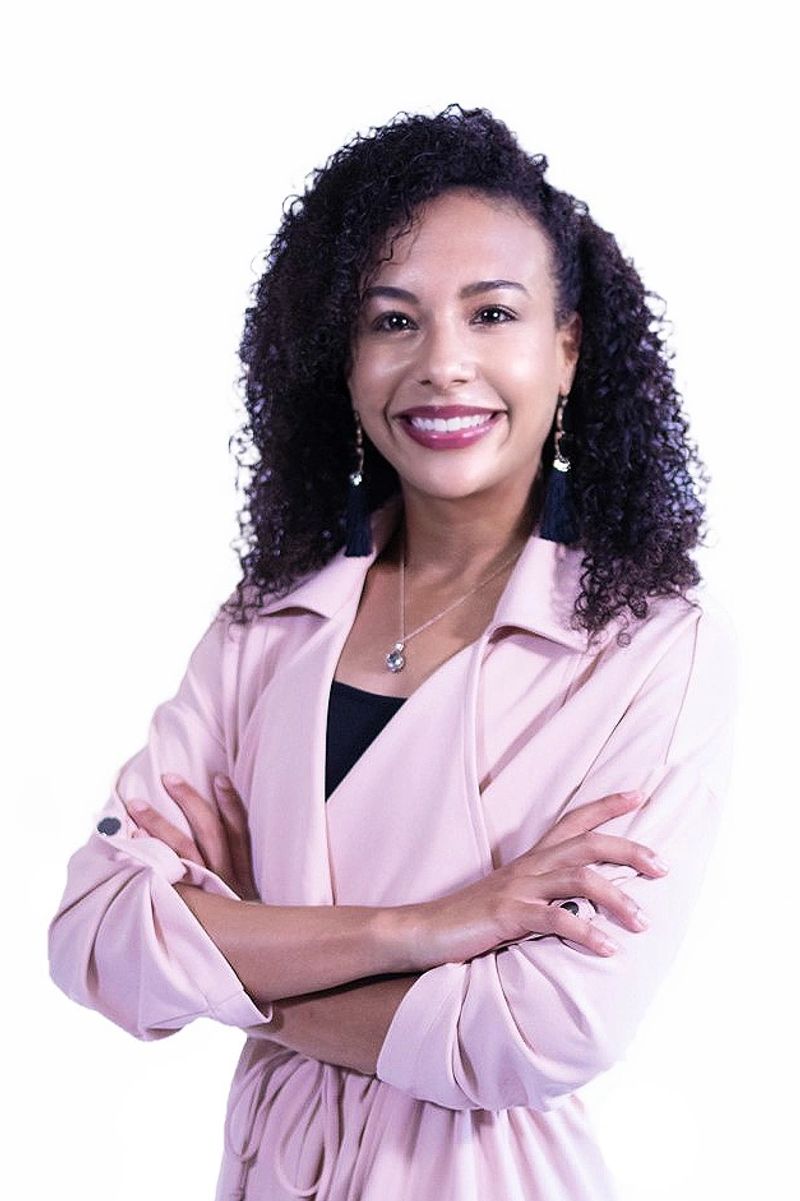 Hello! My name is
Hello! My name is